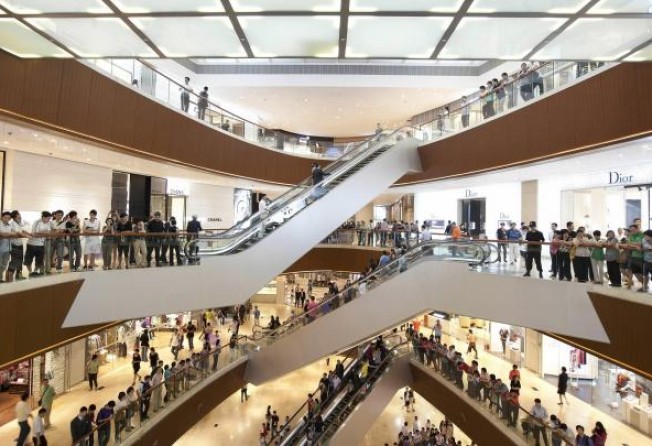Business Digest, September 13, 2012

Capital outflows revised lower
China said its capital-account deficit last quarter was 42 per cent narrower than initially estimated, signalling outflows of funds were less severe than the previous figures suggested. The State Administration of Foreign Exchange revised its estimate of the capital-account gap to US$41.2 billion, compared with the initial US$71.4 billion published on July 31. The agency said the current-account surplus was US$53.7 billion, down from the previous figure of US$59.7 billion. SAFE did not give an explanation for the revisions. Slower capital outflows would mean less downward pressure on the yuan and economic growth. SAFE said the yuan exchange rate has reached a reasonable level and there is no "massive" short-selling pressure on it. Bloomberg
Retail properties tipped to boom
Investment in retail properties may rise about 50 per cent globally in the next eight years on increased consumer demand from emerging markets, Jones Lang LaSalle said. Annual investment in shopping malls and shops may rise to US$180 billion in 2020 from US$122.5 billion last year, the world's second-largest commercial property agent said. Almost half the volume last year was from cross-border investments, it said. China, where per capita disposable income last year almost doubled that in 2005, and India top a Jones Lang index measuring each country's retail property market's growth prospects. Bloomberg
Floating lending rate needed, says BOC
China's syndicated loan market needs a liberalised floating rate as its lending interest rate, instead of the relatively fixed rate set by the People's Bank of China, said Tang Maoheng, chief product specialist at Bank of China in Beijing. Shibor, or the Shanghai interbank offered rate, is the best candidate for a market-based lending rate to respond to the widening gap between the country's borrowing base rate and lending base rate, Tang said. Reuters